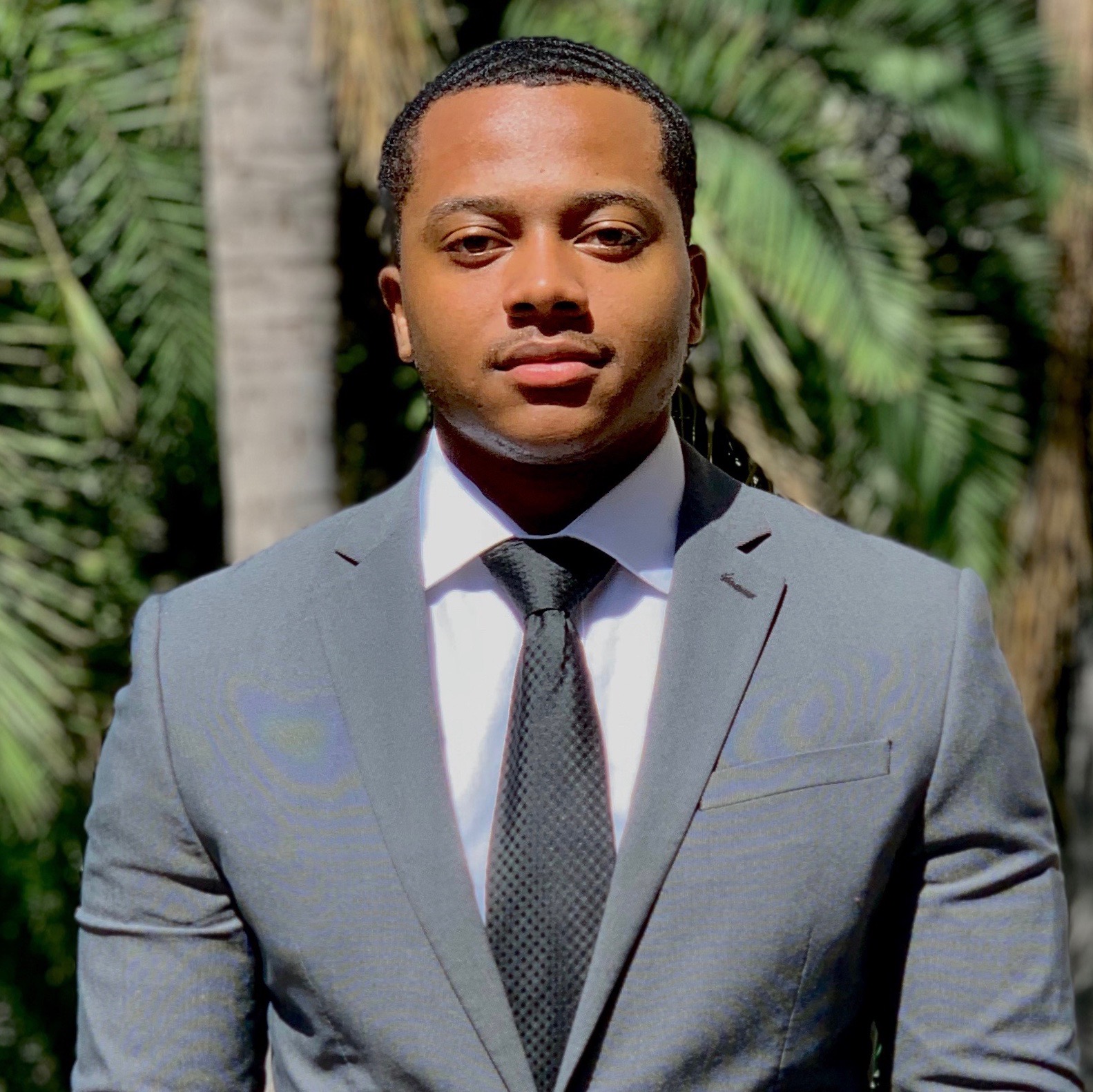05.09.2022
By John Hobbs
USC DPT Graduate Inspired to Profession by Lack of Access to Underserved

Keairez Coleman was the prototype for the USC-XULA Early Assurance Program, a cross-country pipeline meant to increase diversity in the physical therapy profession.
BY JOHN HOBBS MA ’14
GROWING UP IN SMALL-TOWN MISSISSIPPI, Keairez Coleman DPT ’22 saw first-hand the detrimental impacts of not having access to physical therapy.
As a high school football player, he would see his teammates suffer injuries that needlessly sidelined them — sometimes permanently.
“The average person might look at that and say, ‘This person can’t play football anymore. What’s the big deal?’” Coleman says. “But we come from a low-income area, so for a lot of these guys, football — or sports in general — was the only way out. Going to college or playing professionally could change the trajectory of generations of family to come after them.”
The impact hit even closer to home when Coleman’s father, a supervisor at a battery factory, injured himself at work, leading to chronic pain that he still faces.
“I feel like he didn’t get the care he needed,” Coleman says. “Had he gotten the care at the appropriate time, he probably would’ve been able to go back to work and been a little more functional.”
These experiences inspired Coleman to a career in rehabilitation and injury prevention.
Forging a Path Ahead
Coleman attended Xavier University of Louisiana (XULA) on academic and athletic scholarships — he competed and earned many accolades as a long- and triple-jumper on the school’s track-and-field team.
During his junior year of college, Coleman was part of McNair Scholars, a government program that aims to prepare undergraduate students — either first-generation or those from a typically underrepresented background — for doctoral studies through research involvement.
The program pairs undergraduates with a researcher for a summer internship.
Coleman reached out to Beth Smith, who at the time was doing infant locomotor control research at the Division. Smith and Coleman hit it off, and during the summer of 2018, he headed to the City of Angels to conduct research alongside Smith.
During that summer, he also met Terry Richardson, who was working on the USC-XULA Early Assurance Program that would create a pipeline between XULA, a historically black college, and USC to diversify the physical therapy profession.
Like the McNair program, the USC-XULA Early Assurance Program offers XULA students summer opportunities for research. Additionally, it gives early acceptance to USC’s doctor of physical therapy program so long as the undergraduate maintains a certain GPA and completes all prerequisite coursework and required clinical experience hours.
Coleman became the prototype for the Division’s burgeoning USC-XULA Early Assurance Program.
“I think it’s important to have providers in the field who look like us,” Coleman says. “I think having somebody there who they identify with makes them a lot more comfortable and probably makes them a lot more willing to come into PT.”
After earning his biology-pre-med undergraduate degree from XULA, Coleman joined the doctor of physical therapy program. While in the program, he’s had the opportunity to work at the Jumpman LA Flight Lab, where he worked with sports science technology and local high school teams. Coleman was able to do some research in USC’s Clinical Exercise Research Center and recently had an article published through the Journal of Strength and Condition Research. He also completed a sports medicine internship with the head athletic trainer for the Los Angeles Sparks.
You Have to Be a Lifelong Learner
After Commencement, Coleman will start a sports residency at the University of Miami in Florida.
“I want to spend a good amount of my career, working with sports teams — either professional or college — and then hopefully work up to a director position,” says Coleman, who plans to open his own practice later on.
No matter where his path takes him, Coleman is confident his USC education will serve him well.
“I feel like USC faculty and staff are some of the best in the country,” he says. “I know what high-quality PT should look like, and I know that PT should be evidence-based and you have to stay up to date with the research that’s constantly coming out.”

